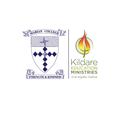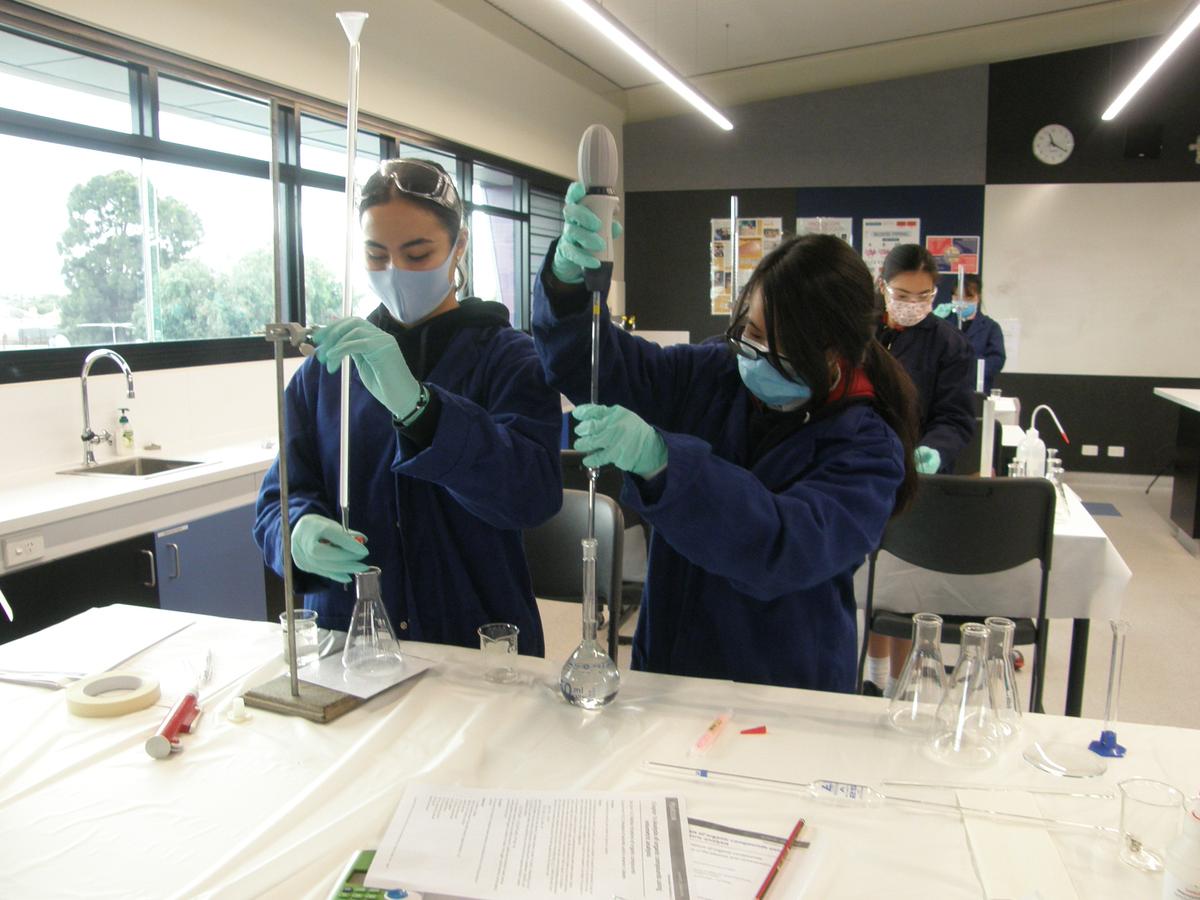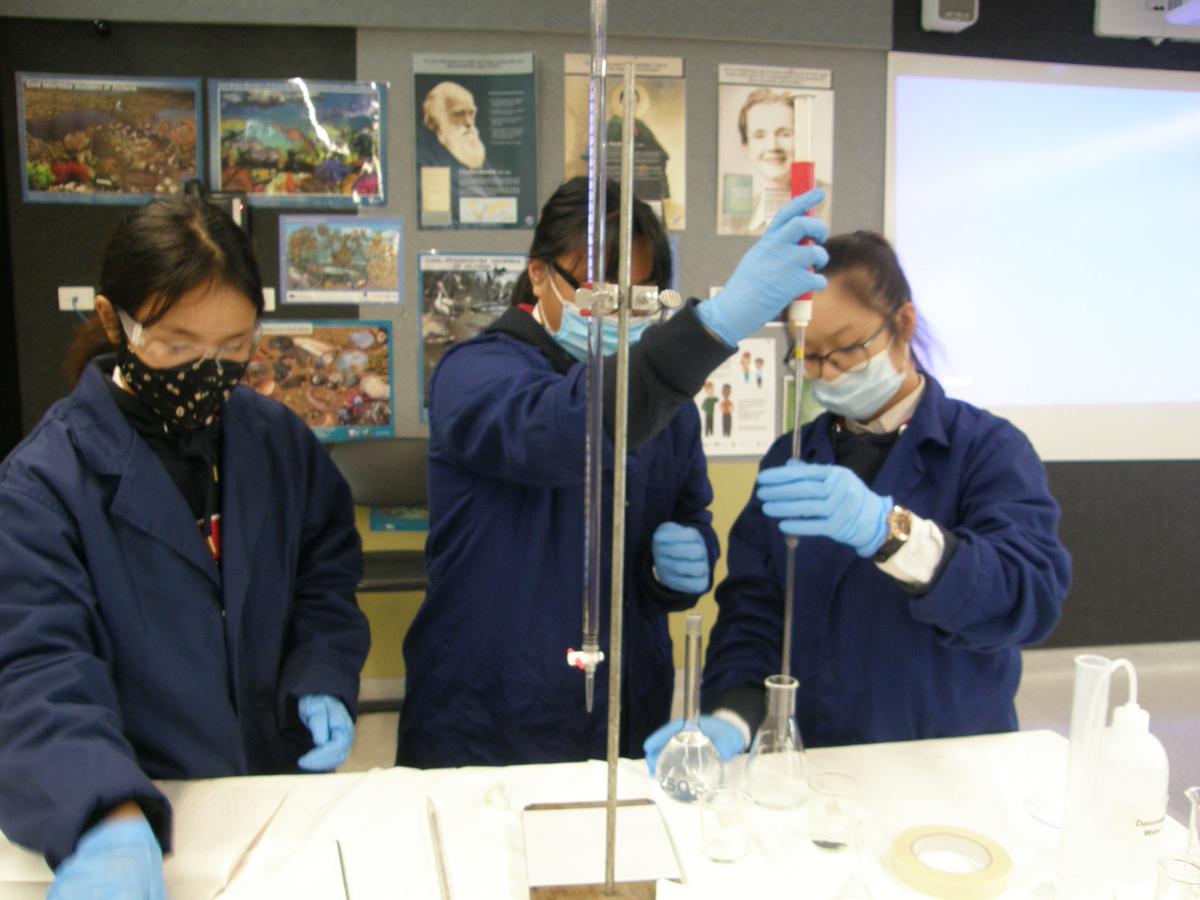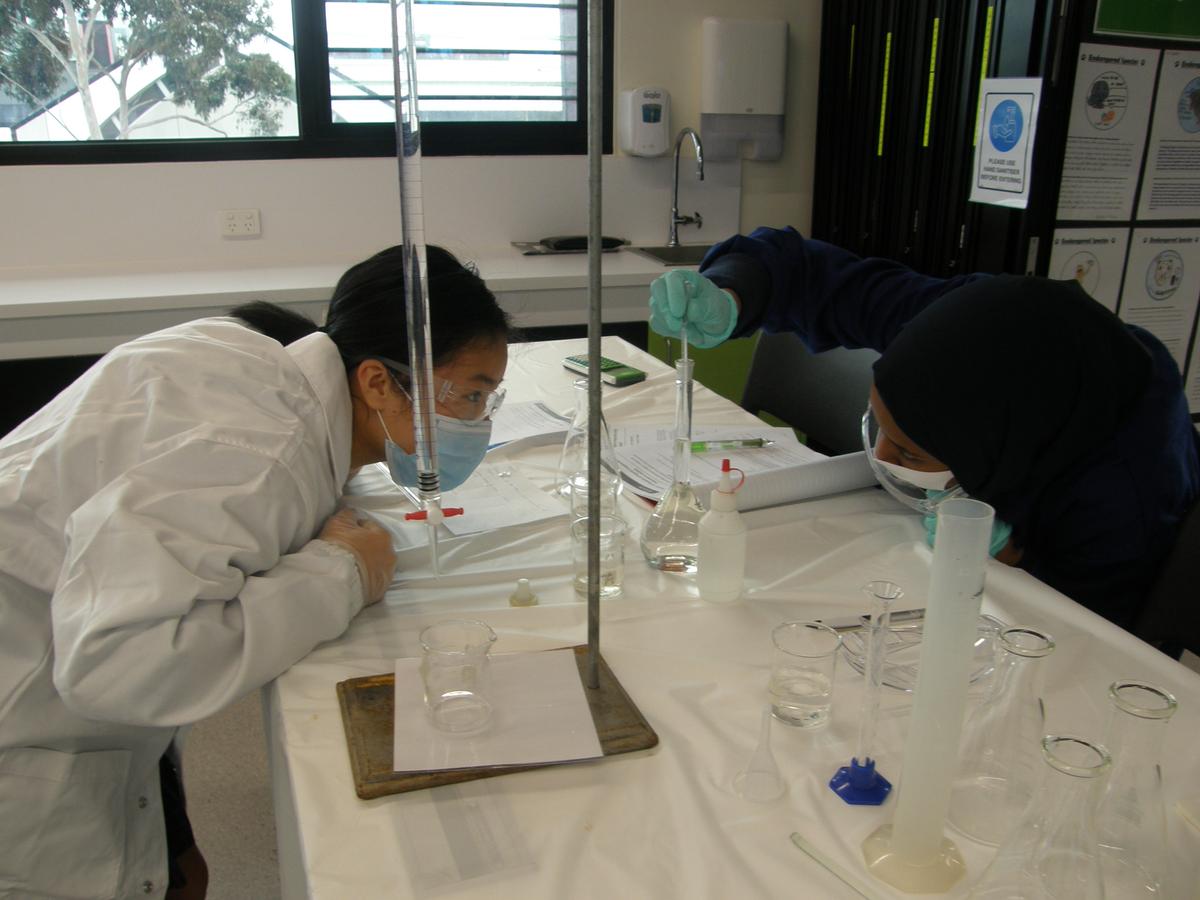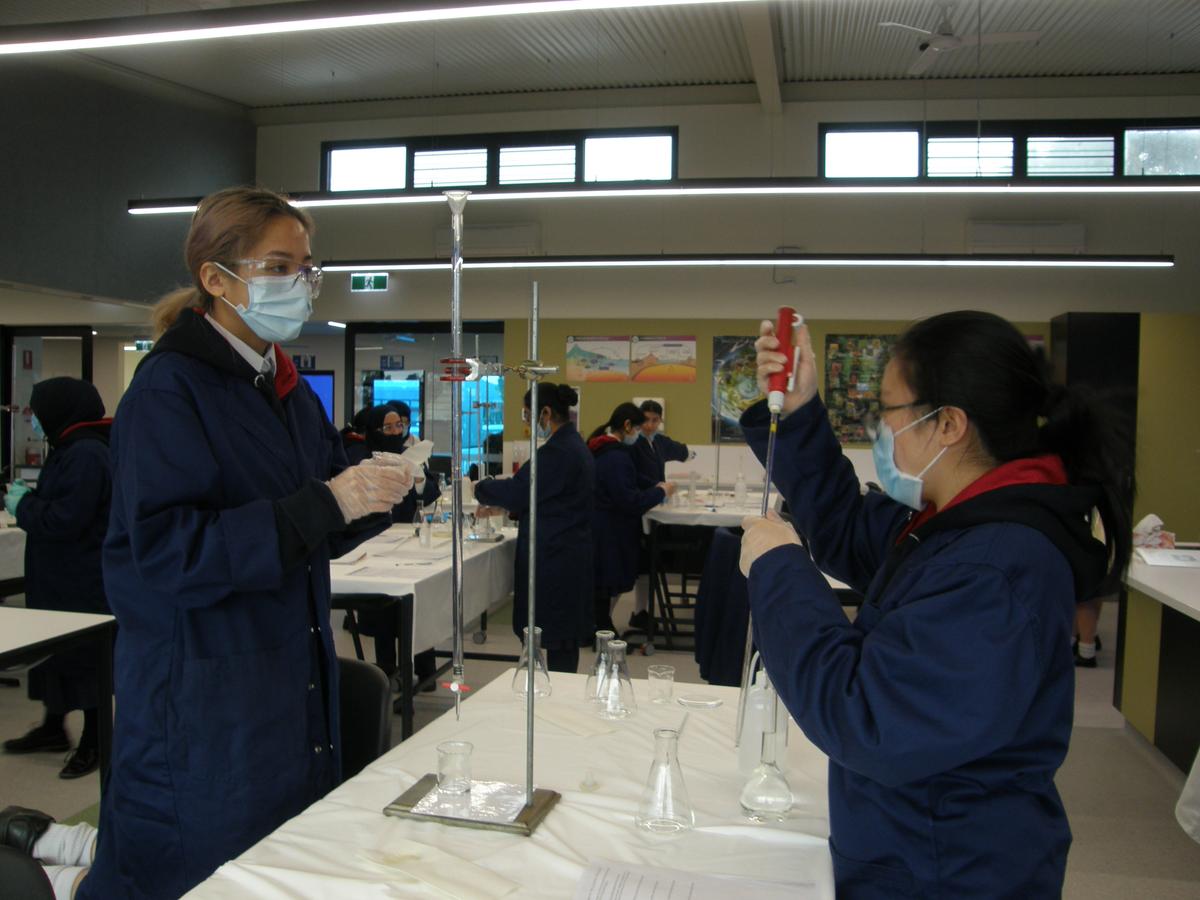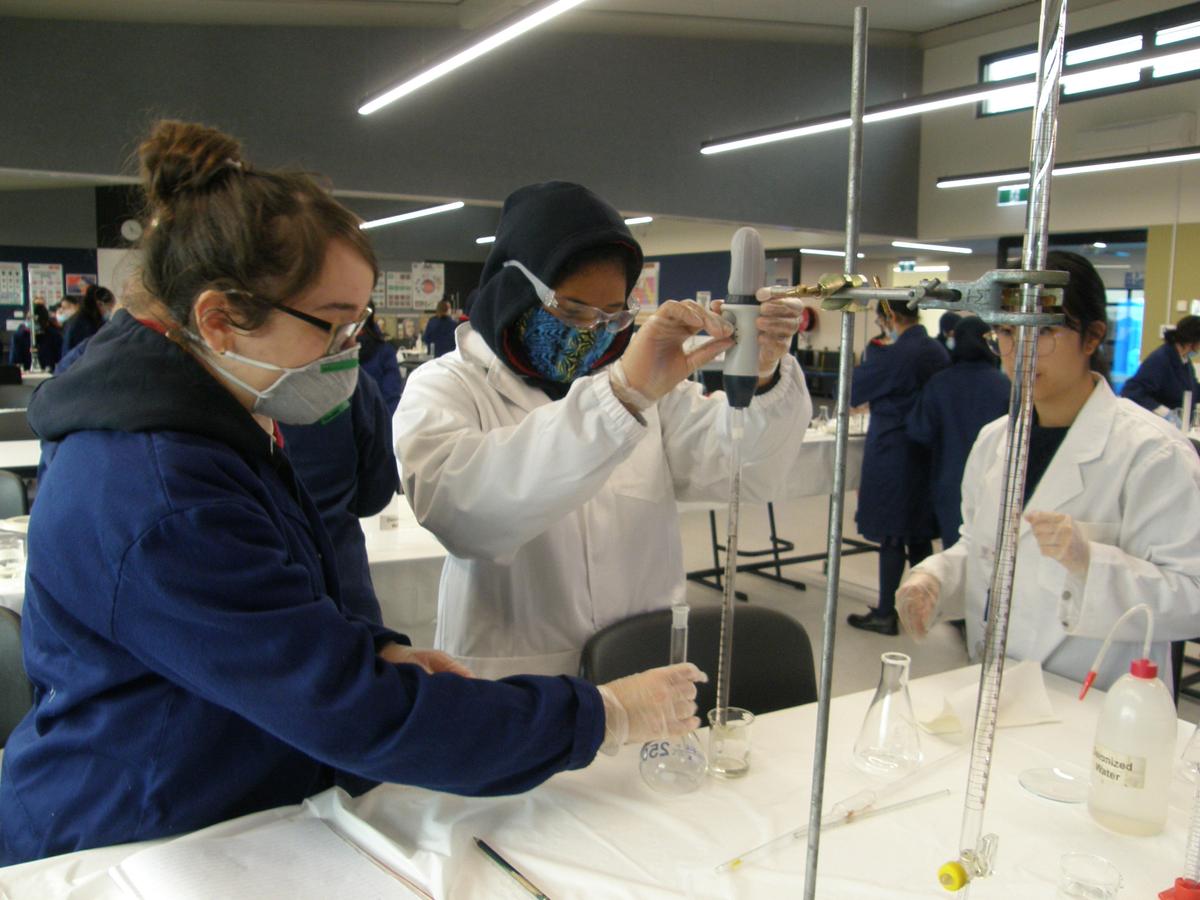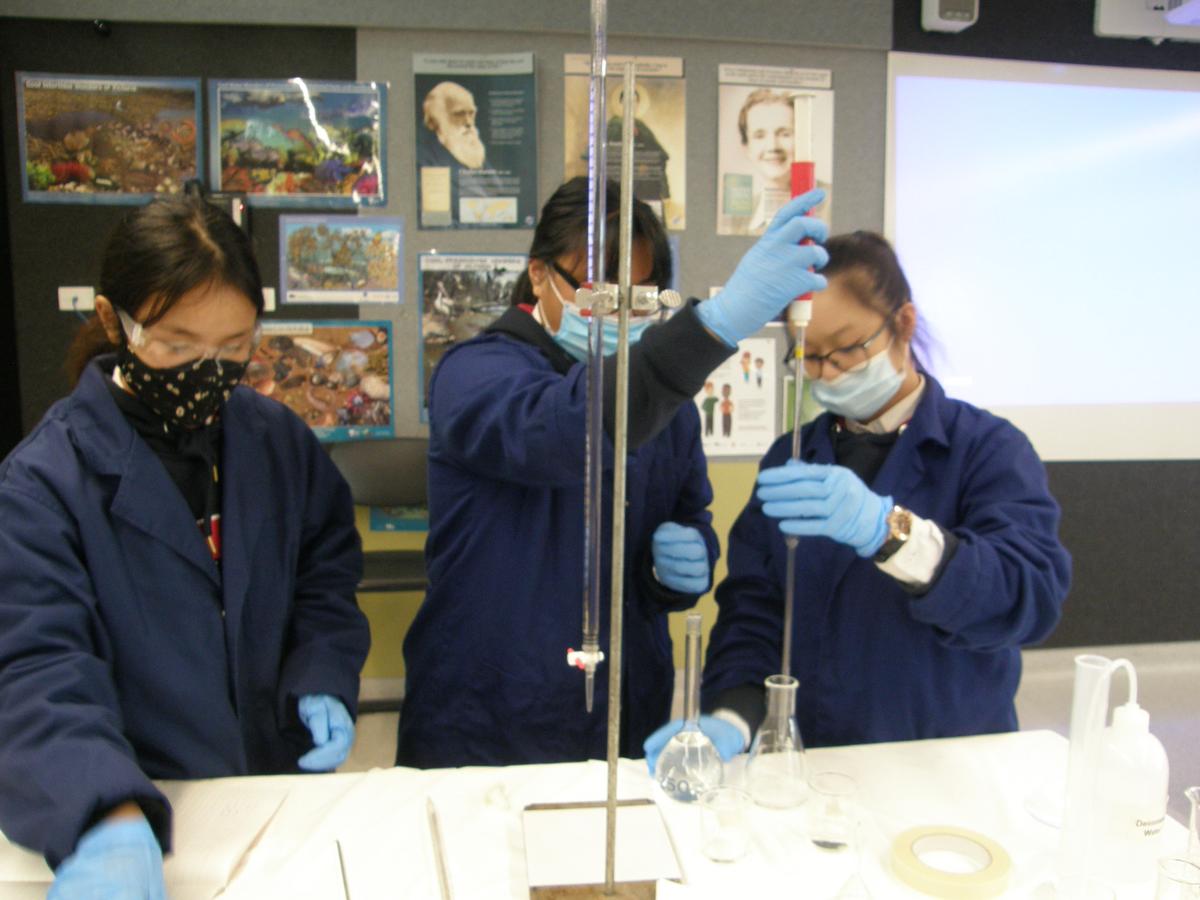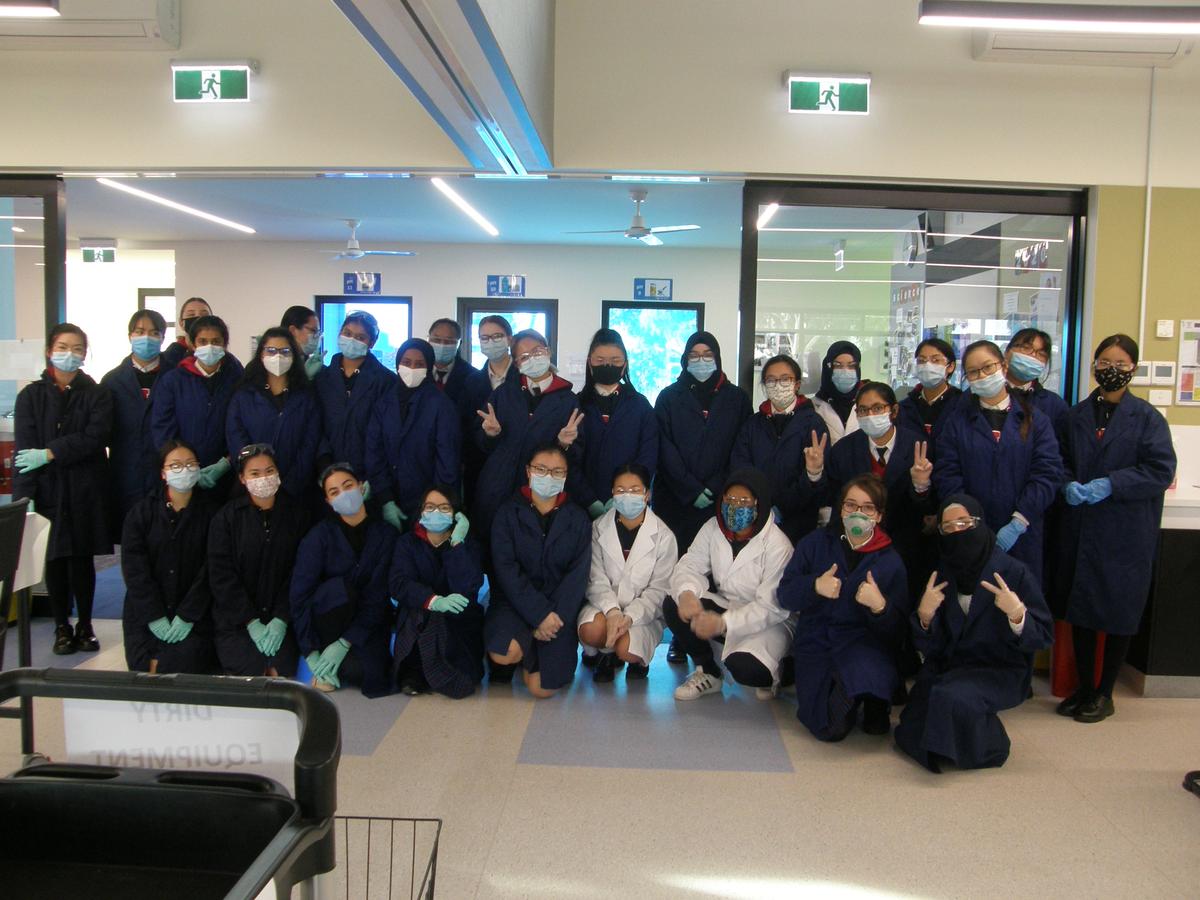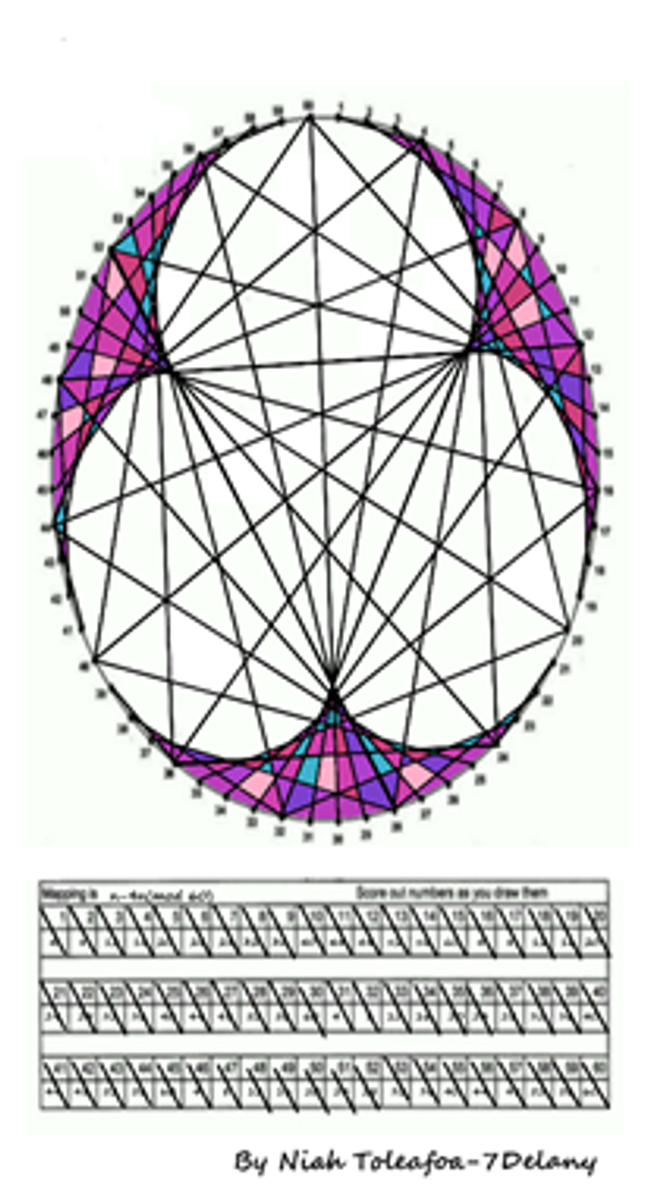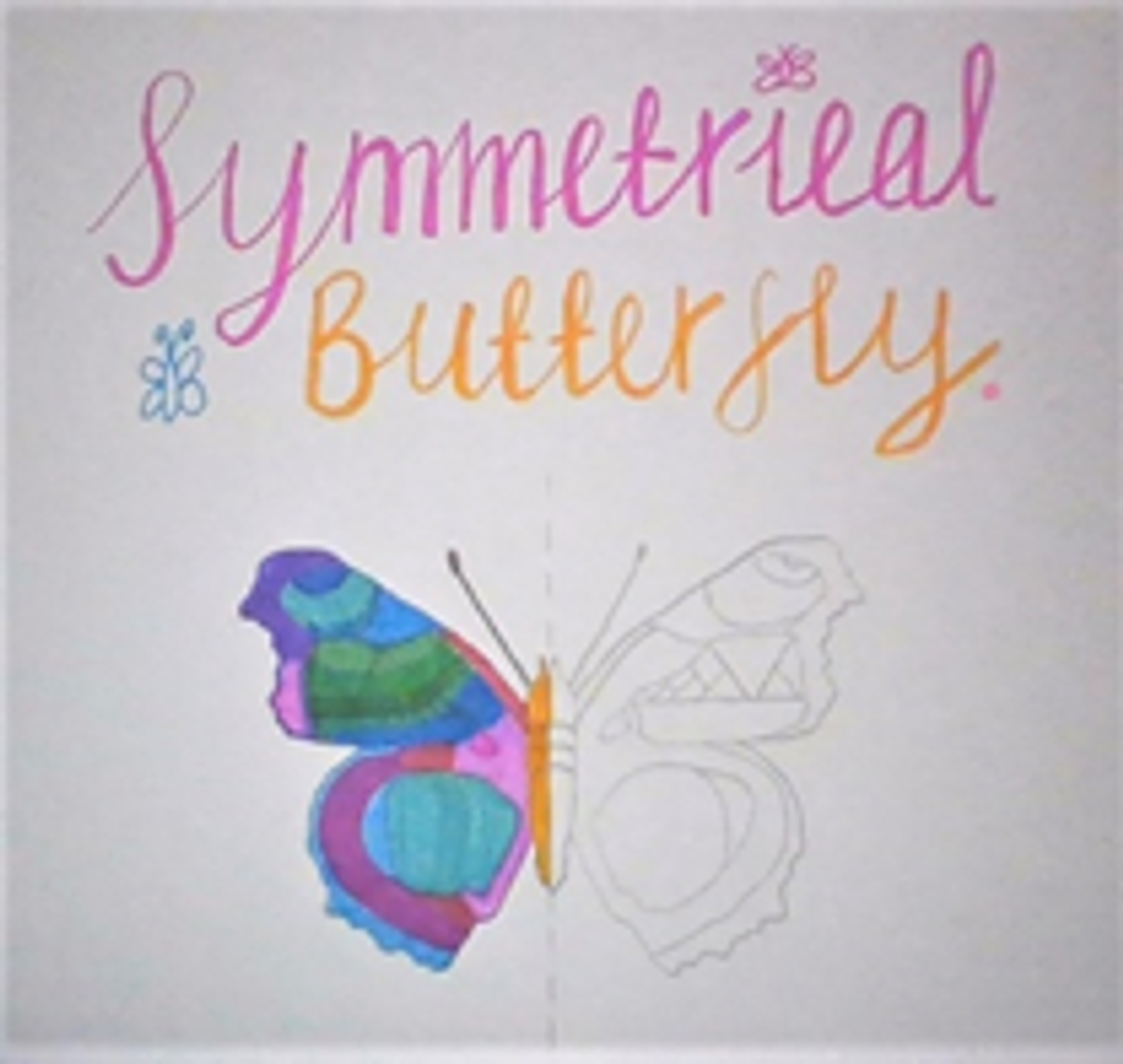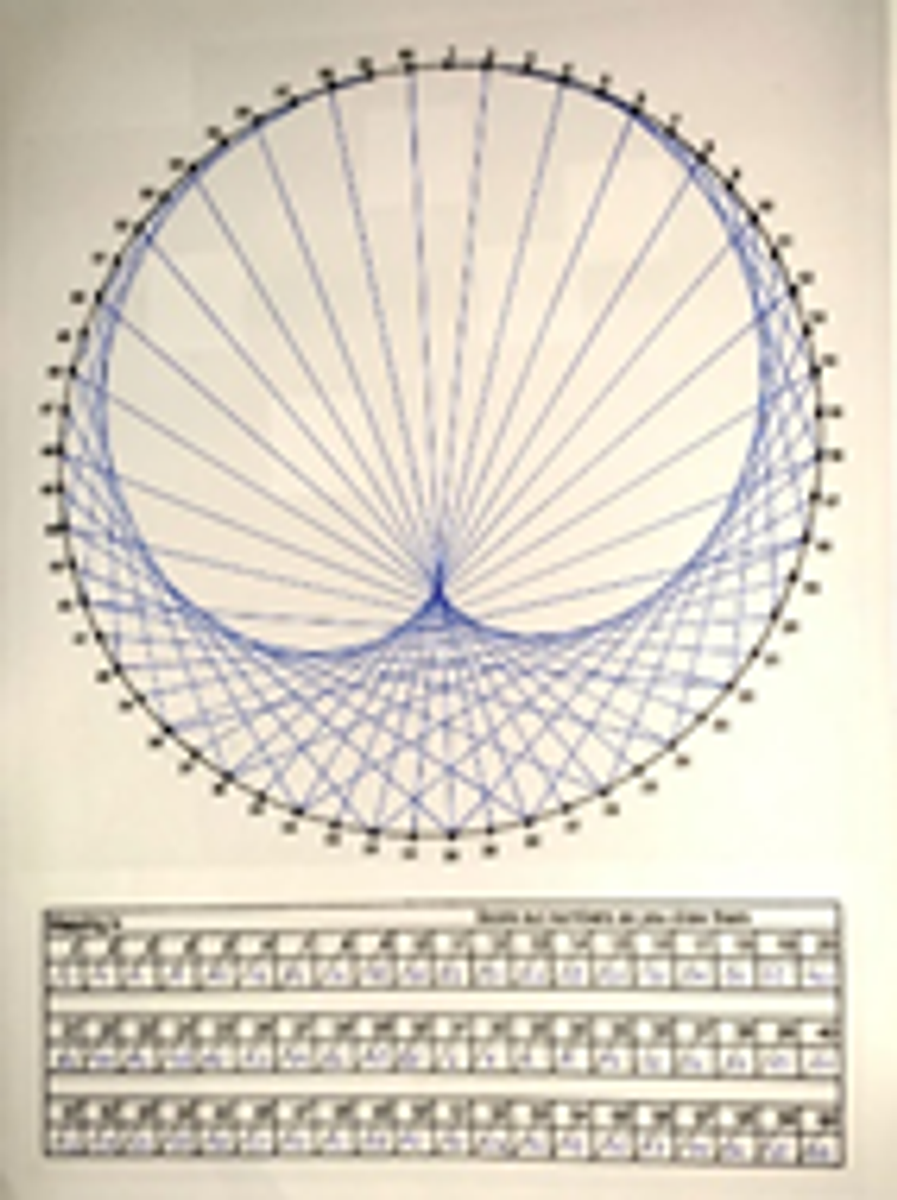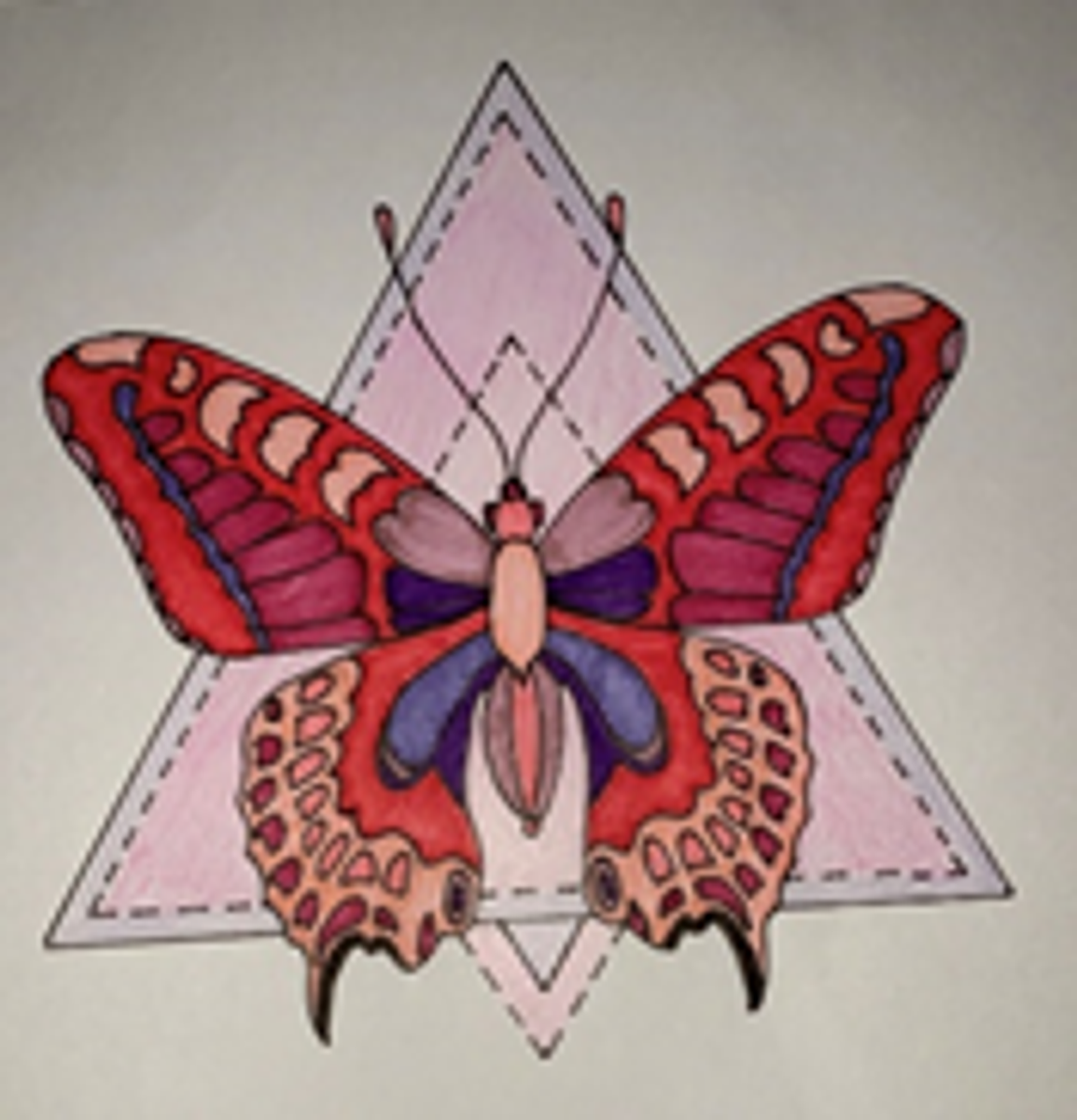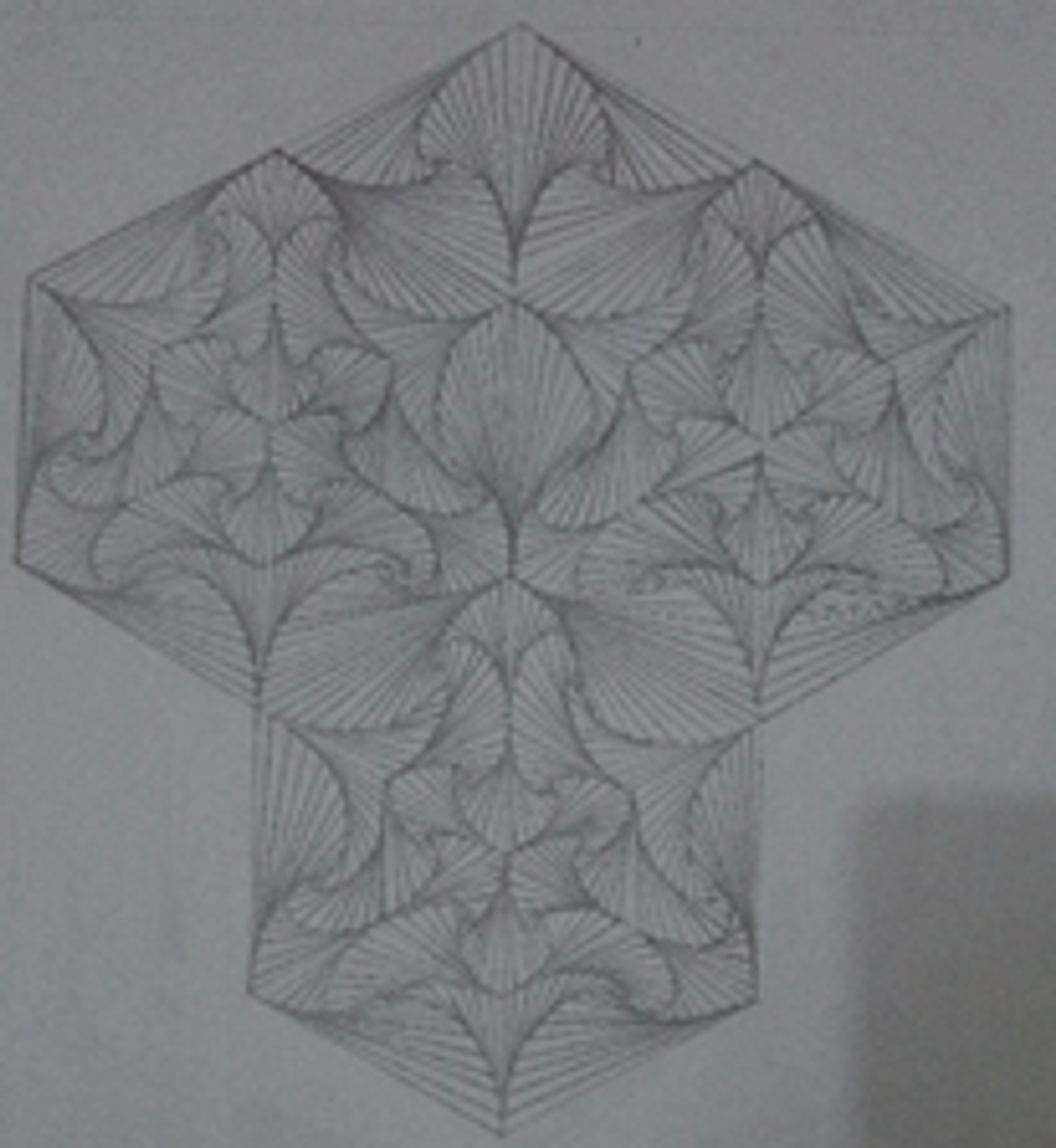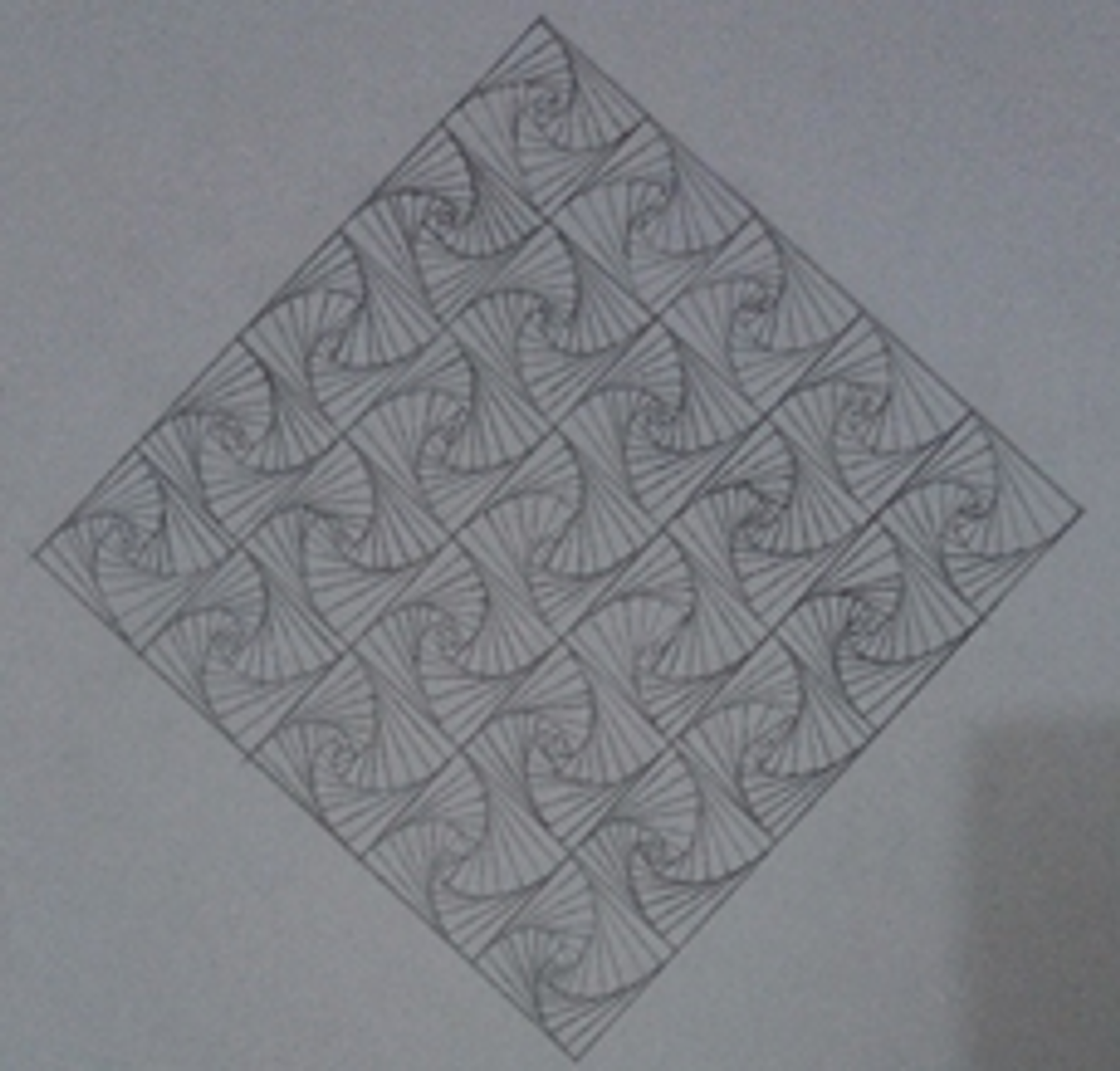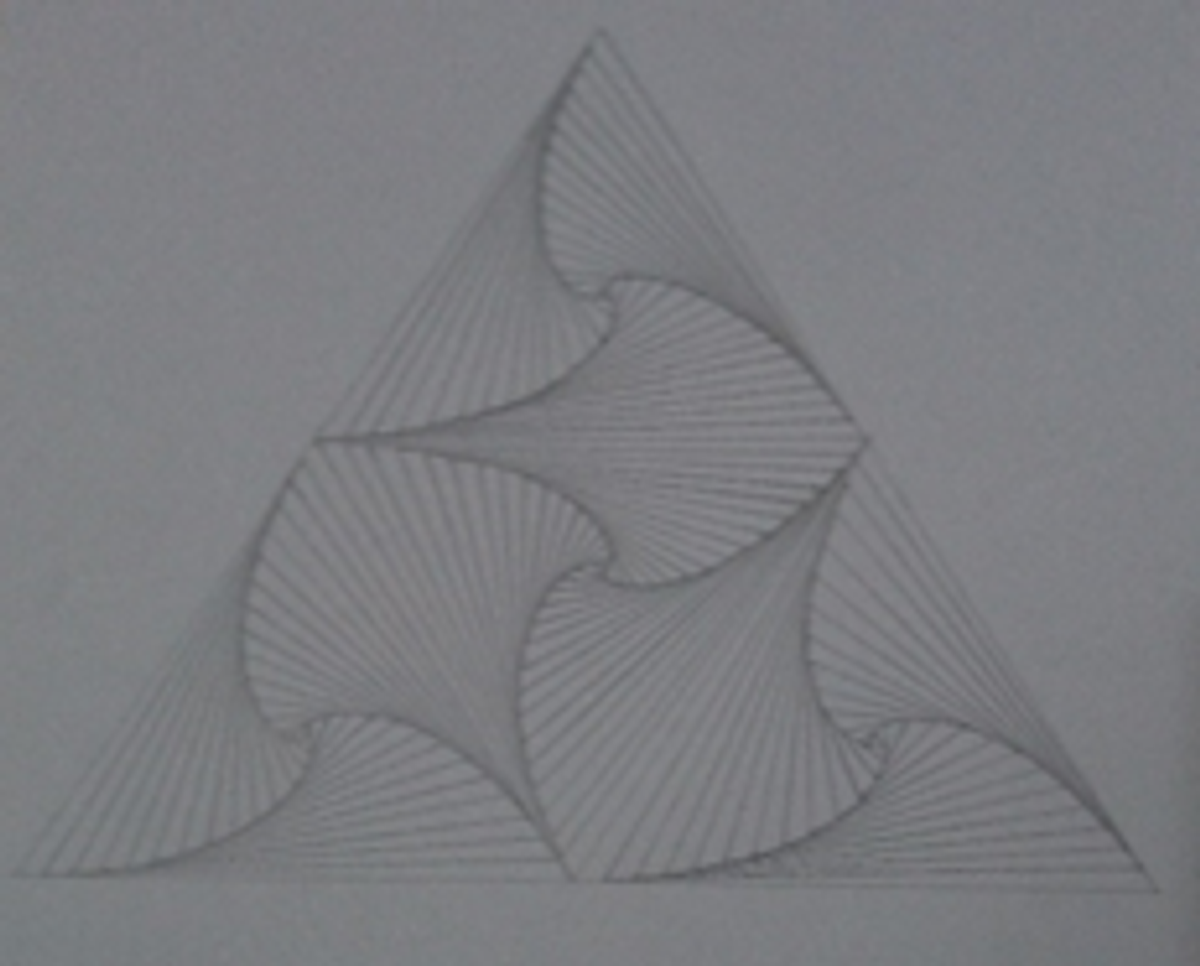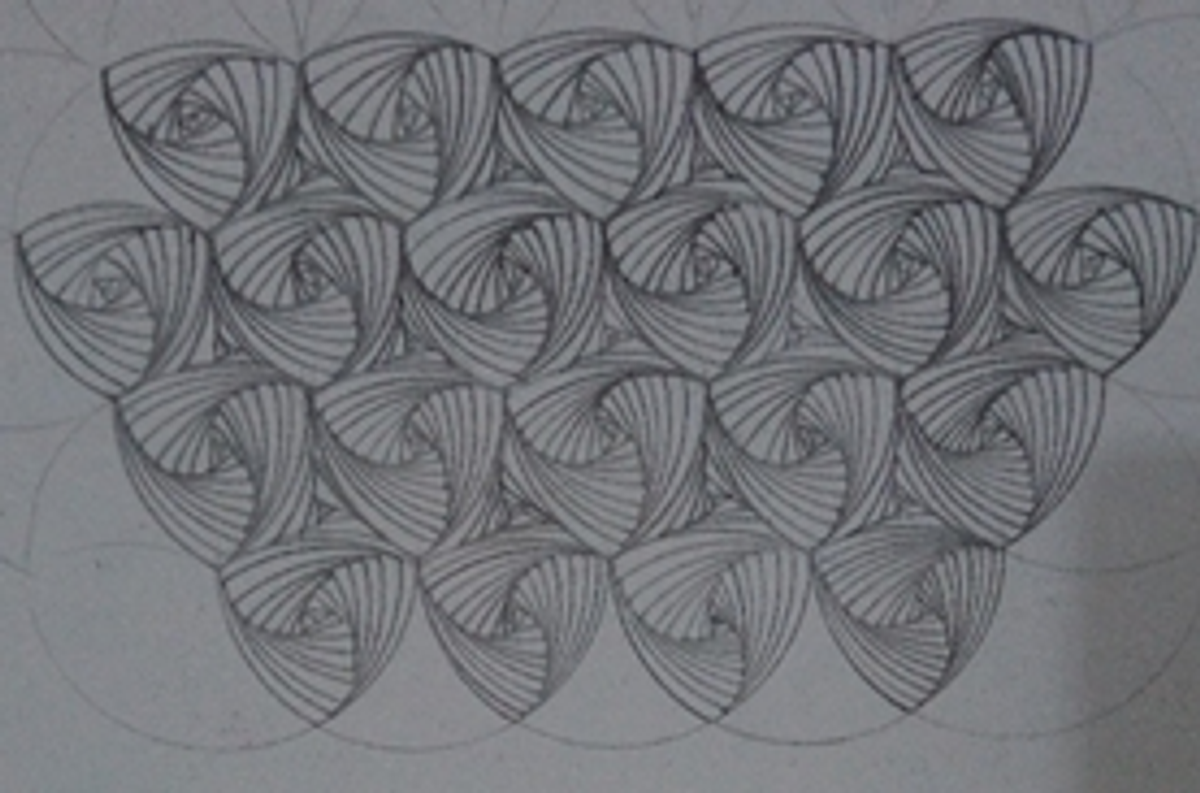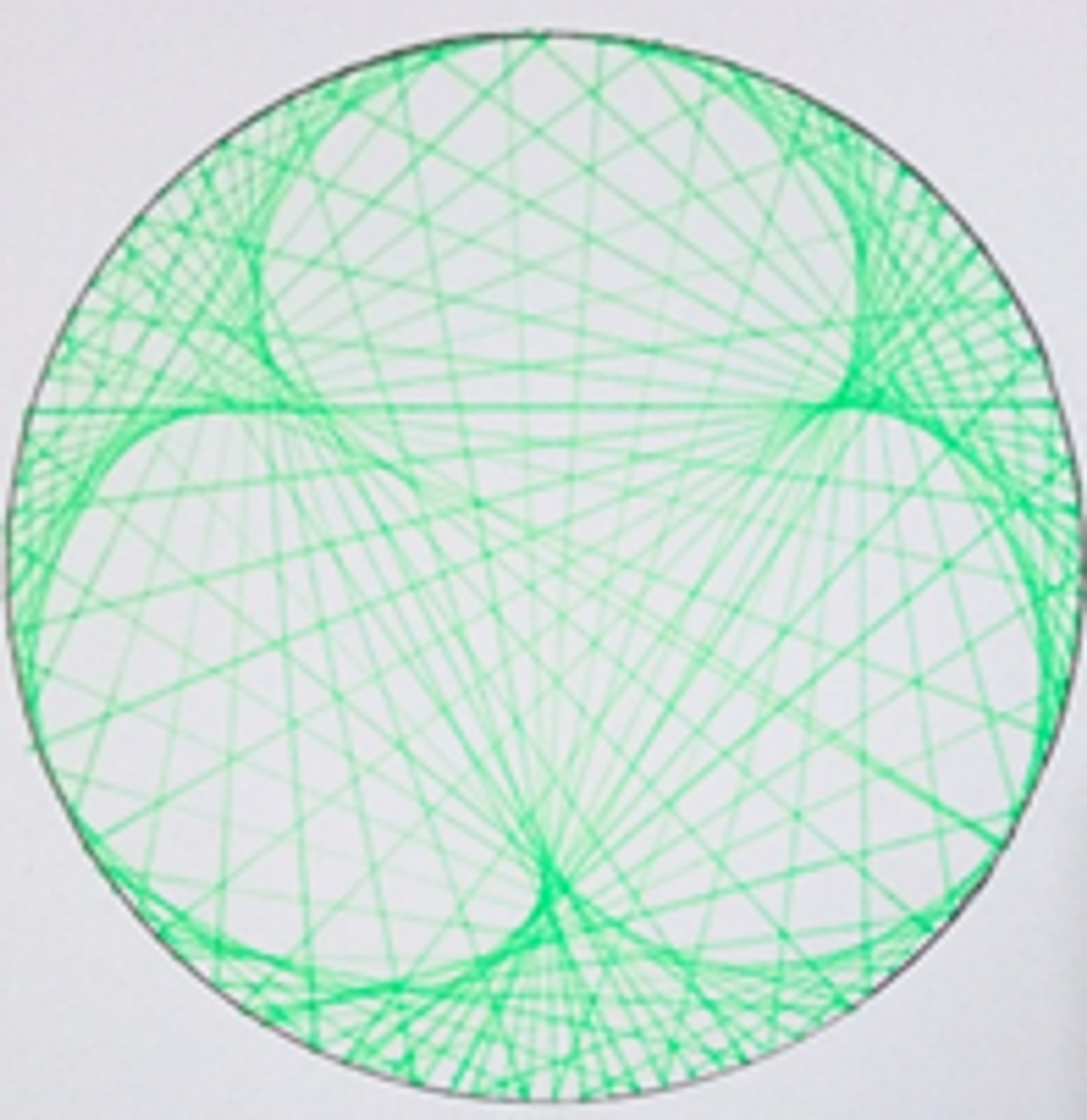Science and Mathematics

VCE Chemistry (Year 12)
As many students at Marian College are settling into remote learning, our Year 12 Chemistry students commenced term 3 at full speed. On Thursday the 23rd of July, the students donned lab coats, gloves, masks and glasses at the College’s fully equipped science laboratories, to participate in a chemistry incursion, as part of their VCE coursework. Students conducted a series of titration experiments in order to investigate the reliability of food labelling, determining the concentration of household vinegar and the amount of Vitamin C in a multivitamin. Students put their laboratory skills to work, ensuring all measurements were accurate, repeating experiments, washing and then rewashing equipment, and taking down every note and observation. We would also like to thank our lab technician, Elisa Carfora, for the setting up and assistance during the practical work.
Mary Pham (VCE Chemistry teacher)
Maths Week
Marian College celebrated Maths Week (Monday 27th-Friday 31st July) with all students participating remotely. A number of fun and engaging activities were on offer, such as drawing Cardioids and insect symmetry. A cardioid is a plane traced by a point on the perimeter of a circle that is rolling around a fixed circle of the same radius. It is named a cardioid because of its heart-like form. Insect symmetry is a drawing that has identical parts mirroring each other across a line of symmetry. This symmetry can be found throughout nature, including the wings of a butterfly. Students also participated in the Victorian Maths Challenge and solving complex puzzles.
See below for student work samples:
A Cardioid
Niah Tolefoa (7 Delany)
Insect Symmetry Drawing
Cardioid Drawing
Simran Bhangu (7 Doyle)
Insect Symmetry Drawing
Tessellation Drawings
Cardioid Drawing
Aishwarya Lakshmi (Year 11)
Congratulations to the winners of the Maths COVID puzzle:
Simran Bhangu (7 Doyle)
Aishwarya Lakshmi (VCE 11 Luke)
Fehima Kepetanovic (10 David)
Suzanne Matejin (Learning Leader Mathematics and Science)
Environmental Club
Disposable Coffee Cups
Each month, the Environment Club will be posting newsletter updates about environmental issues that affect our community and the wider world.
In this edition of the Marian News, we will be focusing on disposable coffee cups.
Did you know that we throw away 2.7 million of them a day in Australia alone! Many people are not sure if these cups should go in the general waste or the recycling bin.
Unfortunately, these coffee cups cannot be recycled, forcing 90% of them directly into landfill. Even though these cups are made of paper, they are each coated with approximately 5% of plastic. This inner plastic layer is what allows them to hold liquid without leaking and because of that, they cannot be broken down and turned into recycled paper.
A single cup production and transportation alone is harming the environment significantly with emissions of 0.11kg of carbon dioxide released into the atmosphere, hence contributing to enhanced greenhouse gas effect.
In the past 40 years, the production of these throwaway cups has increased by 300%!
At Marian College, we encourage you all to bring your own reusable coffee cup or a thermos when you next purchase coffee or hot chocolate.
Cynthia Negash (Year 10 Environment Club member)
